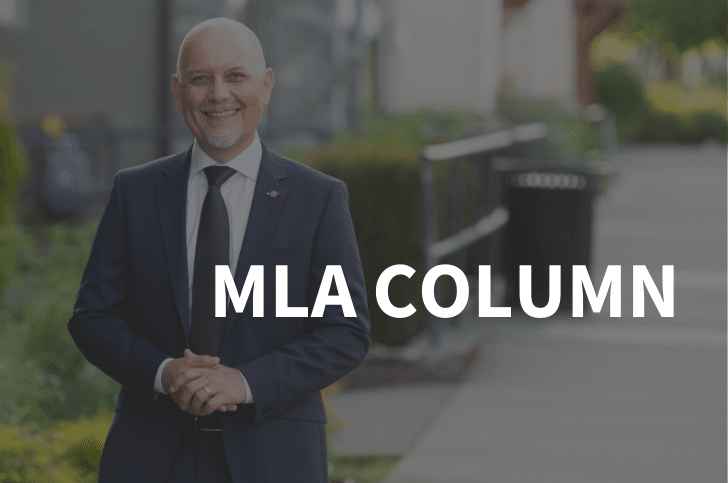For years, my constituents living on the Southern Gulf Islands have dealt with the environmental and social impacts created by large transport ships anchored throughout the Salish Sea.
Increased consumer demand for goods from around the globe has stretched supply chains and combined with inefficient operations at the port in Vancouver has meant more vessels anchored for longer.
These vessels are disruptive, creating excessive noise and light pollution, sometimes for weeks at a time, and their generators constantly pump out greenhouse gas emissions and other harmful particulates. They regularly drag their anchors destroying the ocean floor and threatening each other. And ships anchored outside the port waters are unregulated.
For more than a decade the voices of community advocates have been ignored by the federal government.
On March 14, 2022, I hosted a half-day meeting of the Southern Gulf Islands Forum, including First Nations leaders, elected officials from the Gulf Islands and industry representatives, to discuss the issue of anchorages and to learn about the federal government’s Active Vessel Traffic Management (AVTM) program.
We received presentations from public servants and industry leads from Transport Canada, the Vancouver-Fraser Port Authority, and the BC Chamber of Shipping. They explained that an increase in international trade and disorganized operations precipitated the increase in anchorages in the Southern Gulf Islands.
For context, the Vancouver port handles one third of Canada’s trading goods outside of North America. When ports are full, due to increased volumes or delays tied to supply chain disruptions — such as production, weather, labour and inefficient port operations — large transport vessels are forced to anchor at sites in the surrounding areas.
As a result of the complaints from residents, in 2018, the federal government created an Interim Protocol to try to balance the use of the anchorage sites until a longer-term solution could be found.
The federal government then shifted their responsibility to industry, turning to the Vancouver-Fraser Port Authority to lead the work to find a long-term solution now called the Active Vessel Traffic Management program.
Their goal is to strengthen marine safety and manage marine traffic, improve efficiency and reliability of the flow of goods, reduce environmental impacts including noise near southern resident killer whale habitat, and reduce negative social impacts like ambient noise and light pollution.
The port created a new advisory panel of experts populated entirely by industry. None of the groups most impacted by the anchorages, such as First Nations or community members, are represented on the panel.
Anchorages tear up the sea floor, causing significant harm and disturbance. First Nations along the coast rely on the vibrant marine life for food harvest and cultural practices. Considering the damage caused by anchorages and our commitment to government-to-government relations, First Nations must be included on any panel advising on this issue. First Nations are often engaged after the decisions have been made and have no resources to ensure their technical experts can inform the work. This is completely unacceptable.
Residents of the Gulf Islands and leaders of coastal communities must have a voice at the table. They have been advocating for their interests for decades and now they continue to be overlooked while industry experts develop recommendations that work for industry. This is completely unacceptable.
So now we have outlined the issues, what is the Southern Gulf Islands Forum doing?
Following the industry presentations, the members of the forum created a subcommittee to continue this work. I am a member of that group, and the primary focus of our work will be to bring all interested parties together to advocate with one voice on behalf of the interests currently being ignored by the federal government and industry.
In the meantime, please continue writing to your Member of the Legislative Assembly and Member of Parliament, write letters to the editor and post on social media with your stories of how these anchorages are affecting you and your community. You can contact me at Adam.Olsen.MLA@leg.bc.ca or 250-655-5600.
Adam Olsen is the MLA for Saanich North and the Islands
Originally published in the Gulf Islands Driftwood on April 27, 2022.


The increased vessel traffic requires improved operations at the port. Management of the traffic and anchorages must include wider representation.
We should also address the increased demand for consumer goods. That is in itself an issue that is affecting so many of our social problems. However, strict scheduling of vessel arrivals means they don’t have to be held in the anchorages.